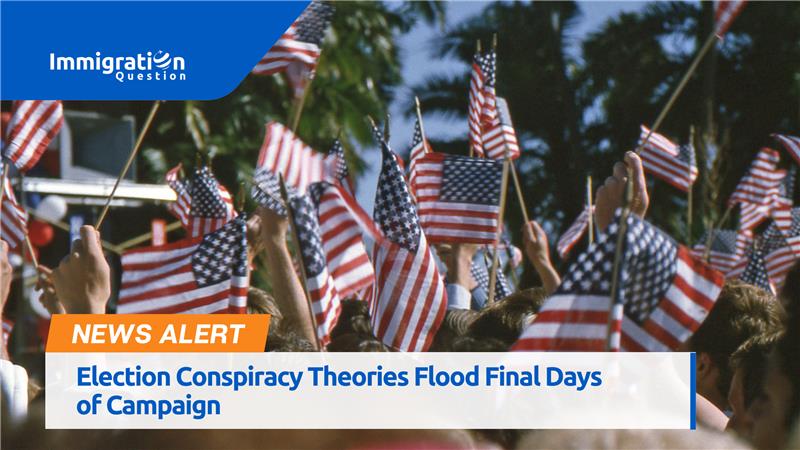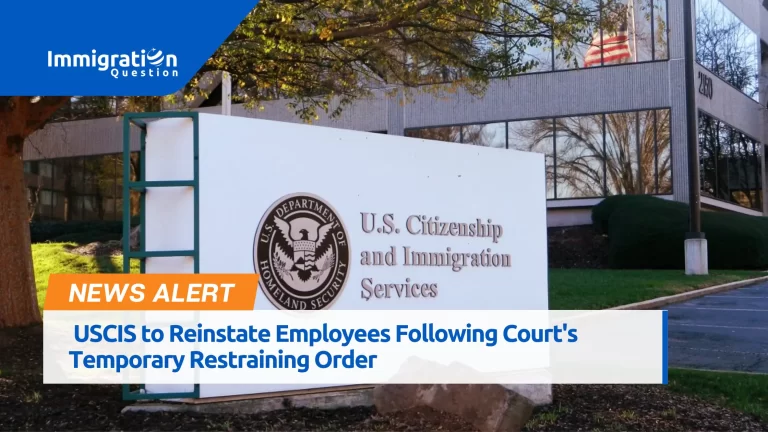As the U.S. election approaches, a surge of conspiracy theories, including lies about non-citizen voting, is casting a shadow over the final days of the campaign aimed at undermining the credibility of the election process. Just like other campaigns and elections spurred by politically motivated groups, amplified on various platforms, these theories leverage unverified claims of fraud, foreign interference, and ballot tampering. Much of this content originates from established misinformation networks and conservative groups strategizing their messaging for maximum impact in these final hours.
Escalating Misinformation in the Final Days
Several organizations, including True the Vote and the Election Integrity Network, have produced online guides encouraging users to distribute content portraying elections as corrupt or manipulated. With support from political influencers, these groups have gained substantial traction in conservative media spaces, amplifying content that questions the legitimacy of electoral processes widely spreading over social media.
Fanned by former President Donald Trump and notable allies such as tech tycoon Elon Musk, polls show that election disinformation is reducing the trust of voters in the integrity of the democratic process. This is setting the stage for potential public unrest if the Republican nominee fails to win the presidency. At the same time, federal officials are investigating ongoing Russian interference exacerbated through social media and shadow disinformation campaigns.
The Role of Social Media and Misinformation Networks
Social media platforms have struggled to moderate the flood of conspiratorial content effectively. Despite policies against disinformation, platforms have facilitated the rapid spread of these narratives. Recently, platforms like Facebook and fringe networks have been used to amplify election skepticism and foster distrust of traditional media sources. Some groups have even advised users to post content at peak engagement times to increase visibility.
How Government Agencies Have Responded to Misinformation
In response to the disinformation surge, government entities, including the FBI and Cybersecurity and Infrastructure Security Agency (CISA), have issued warnings about foreign actors amplifying election-related conspiracies. Agencies suggest that some narratives may be part of coordinated campaigns intended to destabilize the election and undermine public confidence in U.S. democratic processes. Investigations into these claims indicate potential foreign influence from state actors, heightening concerns over voter manipulation.
Implications for Election Integrity
With misinformation accelerating as election day approaches, experts warn that public trust in electoral outcomes could face unprecedented challenges. Misinformation, particularly when amplified by influential groups, creates environments where citizens may find confirmation for their biases, regardless of factual accuracy. As Nicole Gill of Accountable Tech states, this information fragmentation impacts the public’s ability to discern factual reporting from manipulative content, which can deeply impact voter turnout and confidence in results.
What’s Next? Election Conspiracy Theories Flood Final Days of Campaign
As the election cycle concludes, the role of misinformation and conspiracy theories looms large. With ongoing efforts to address this growing issue, citizens are encouraged to rely on verified sources and critically evaluate online information.
To stay updated and informed, keep an eye out for our news section or drop your immigration queries for professional attorneys to reply on Immigration Question.





